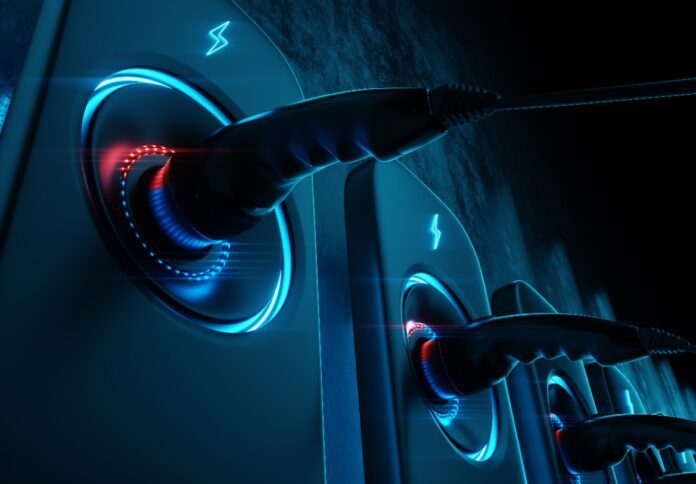
The University of Adelaide has announced the launch of the Australian Research Council (ARC) Training Centre for Battery Recycling, a five-year initiative aimed at addressing the environmental and strategic challenges of lithium-ion battery (LIB) waste in Australia.
Launched on 22 July, the new Centre seeks to advance sustainable battery recycling practices through a combination of cutting-edge research, industry collaboration, and skills training. It is supported by approximately $14.92 million in cash and in-kind contributions.
“The ARC Training Centre for Battery Recycling aims to close the gap in sustainable lithium-ion battery waste management by providing industry-led recycling solutions and training a skilled workforce to support Australia’s circular economy,” said Professor Shizhang Qiao, Director of the Centre and a professor at the University of Adelaide.
The University of Adelaide is the administering institution and will serve as the central hub for research activities. The initiative involves a consortium of nine organisations, including the University of New South Wales, the University of Wollongong, and six industry partners: Iondrive Technologies, Gravitas Technologies, PCI Green Technologies, Benan (Singapore), Pure Power, and the Australian Nuclear Science and Technology Organisation.
“Operating across multiple nodes, the Centre will address strategic challenges in battery recycling through five key research themes,” Professor Qiao said.
These include pre-treatment and second-life management, recovering materials from spent batteries, resynthesising materials for reuse, designing recyclable batteries, and developing industrial standards for sustainable practice.
The Centre is expected to make a substantial contribution to Australia’s transition toward zero battery waste sent to landfill, while also supporting the development of a profitable onshore battery recycling industry.
“Outcomes are expected to shape a distinctive battery recycling model that shifts Australia to zero battery waste to landfill, establish a profitable and self-sustaining onshore industry chain and help ensure the future of Australia’s energy security,” said Professor Qiao.
A multidisciplinary team of 13 researchers and six industry partner investigators will lead the Centre’s work, drawing on expertise in electrochemistry, metallurgy, environmental engineering, battery design, and materials synthesis. They will be supported by four postdoctoral fellows, 19 PhD students, and a lab engineer.
“By fostering close collaboration between government, academia and industry, the Centre will develop skills and IP to enable successful commercial outcomes that will contribute to a zero-waste future,” Professor Qiao added.
For more information, visit www.arcbatteryrecycling.com.au.



















